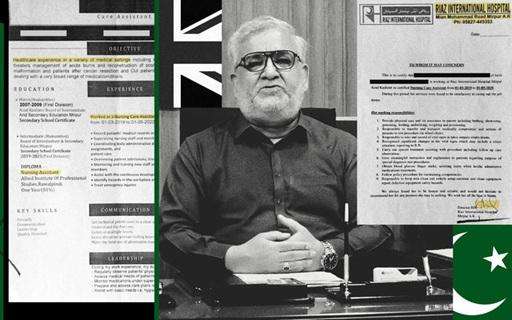A sharp wave of condemnation has hit Austria after Interior Minister Claudia Plakolm controversially labeled the Islamic headscarf a "sign of oppression." This ignited a fierce debate over religious freedom and cultural integration, with the Islamic Religious Community in Austria (IGGO) expressing deep concern over her recent Instagram remarks. The controversy comes as a proposed ban on headscarves for girls under 14 in schools and kindergartens looms.
Plakolm, a member of the ruling Austrian People's Party (OVP), asserted, "The headscarf is a symbol of oppression. Girls are hidden behind headscarves at a critical stage in their personality and physical development, and extremist tendencies, particularly among children, have no place in our schools." She anticipates this law will be enacted by the fall of 2025.
The IGGO swiftly denounced Plakolm's statements, emphasizing their profound disturbance. In a press release, they countered that "linking the headscarf, which is an expression of the religious practice of a religious community recognized by law in Austria, with 'extremist tendencies' unsettles not only many young Muslim women but also all those who trust in the protection of religious freedom and equal treatment." The organization stressed that denying girls religious self-determination misses the very essence of child protection.
This escalating dispute in Austria reflects a troubling and growing trend across Europe. Several nations have increasingly implemented or considered bans on various forms of Islamic dress, from the full-face burqa and niqab to, in some instances, the headscarf itself. France, for example, pioneered a ban on face-covering veils in public spaces in 2010. Belgium, Denmark, the Netherlands, and Switzerland have since followed suit with similar or partial bans. Austria itself already has a partial ban on full-face veils, making the proposed headscarf ban for young girls a further tightening of such restrictions.
Proponents of these bans often cite national security, integration challenges, upholding secular values, and addressing the perceived oppression of women. They argue that full-face veils hinder communication and social cohesion, while the headscarf on young girls is sometimes viewed as a tool of patriarchal control.
However, from the perspective of Muslim communities and human rights advocates, these measures are a direct infringement on fundamental freedoms. They argue that such bans violate freedom of religion, expression, and assembly, disproportionately targeting Muslim women and fostering discrimination and marginalization. For countless Muslim women, donning a headscarf or other religious attire is a deeply personal choice and a profound expression of their faith and identity, not a symbol of subjugation.
In a constructive move, the IGGO has extended an invitation to Minister Plakolm for a private discussion with Muslim educators, parents, and youth. They emphasized, "If the statement was misleading, a public clarification would be urgently needed, also in the interests of respectful social dialogue." As Austria navigates the potential implementation of a headscarf ban for young girls, the vital importance of dialogue, understanding, and upholding religious freedom remains at the forefront of this critical European debate.







.jpg)
.svg)

